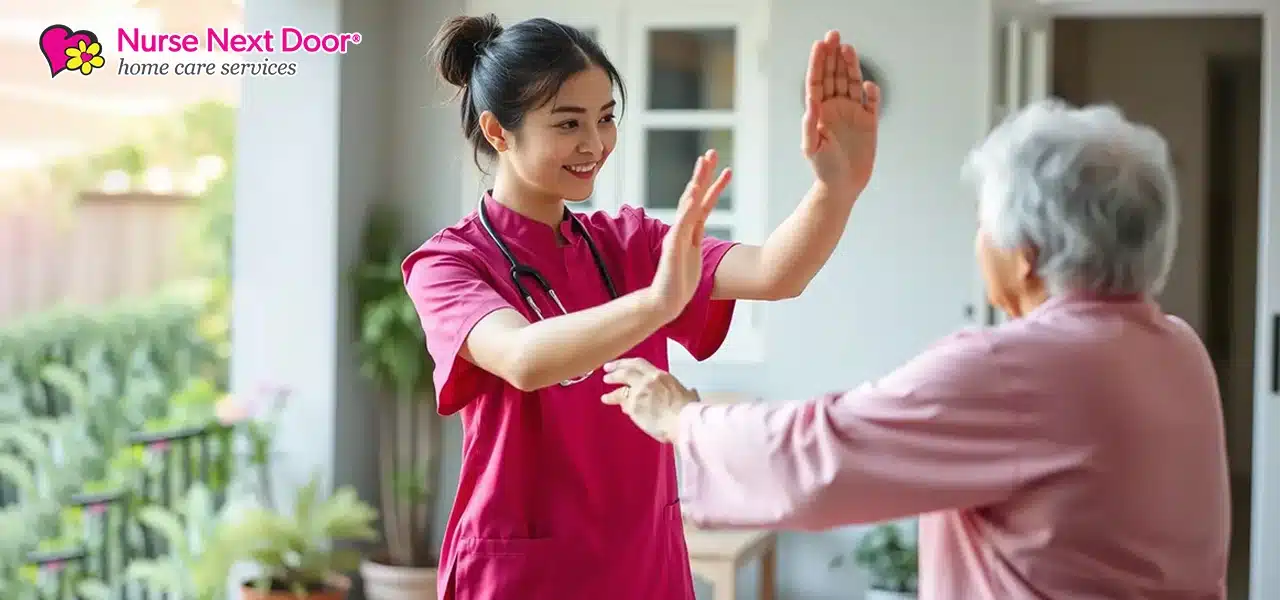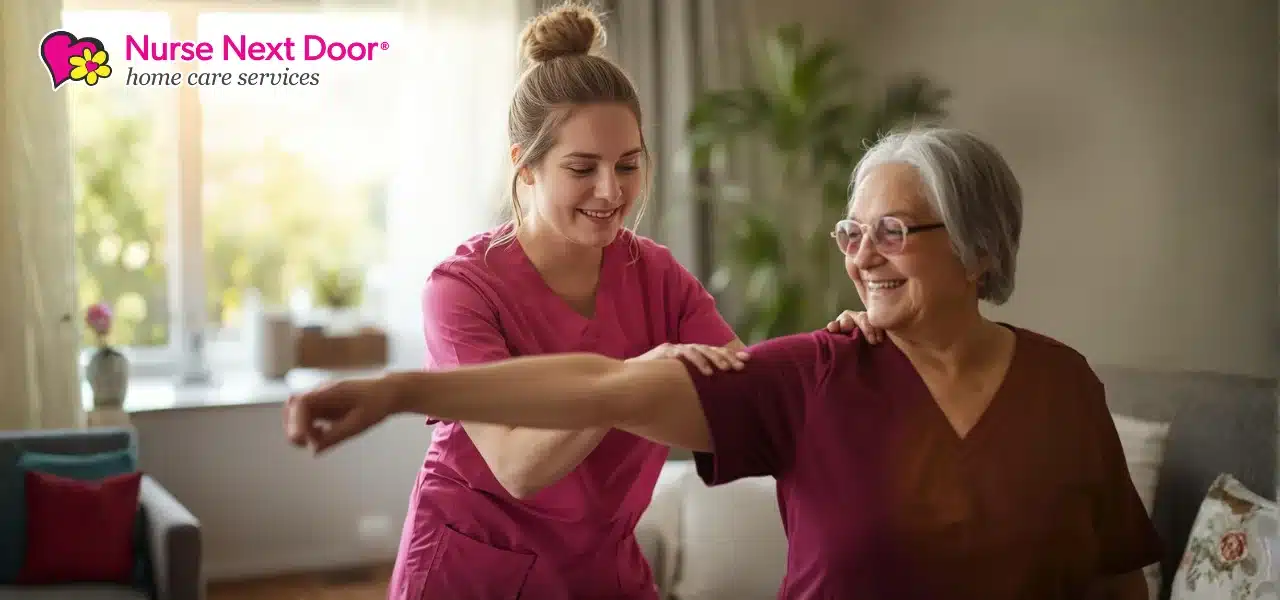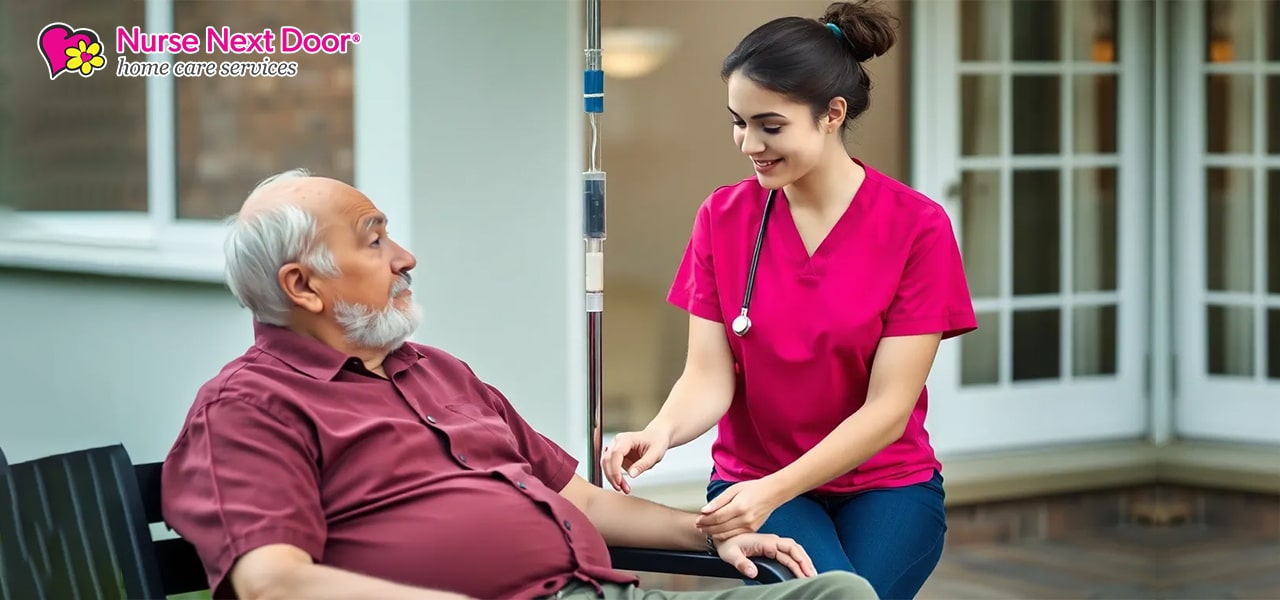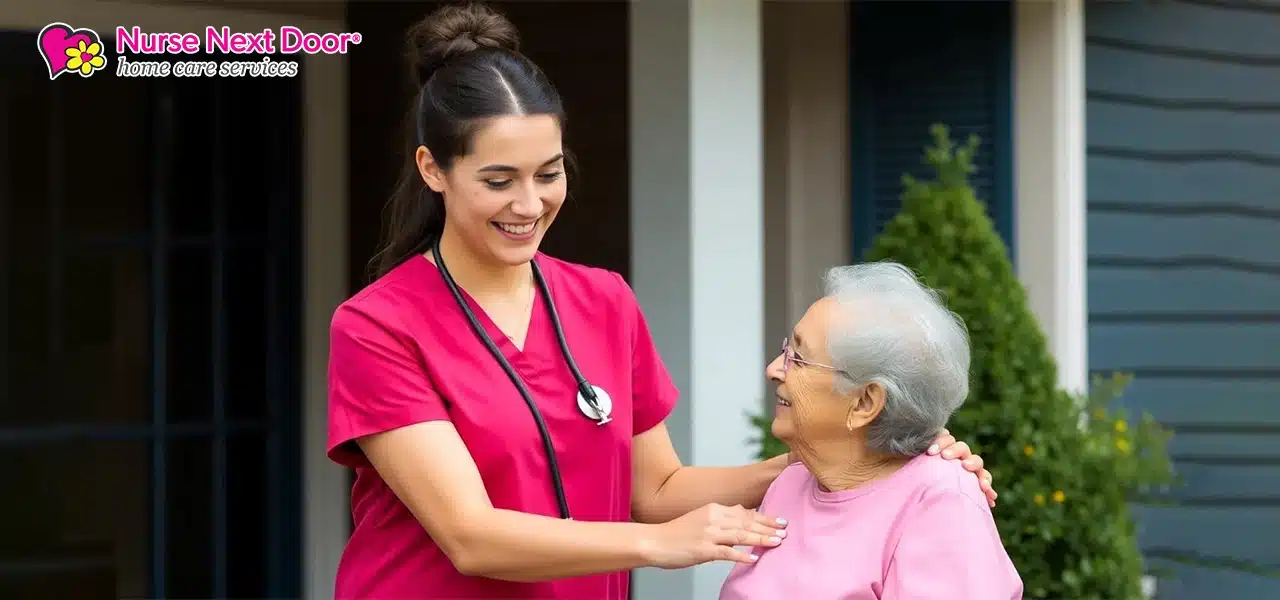
Getting older often means dealing with a whole new set of stresses – changes in income, loss of loved ones, and an overall decline in health and cognitive ability. All this also often means less personal independence.
This psychological stress has a drastic effect on physical and mental well-being, so finding a healthy way to cope is crucial to having a better quality of life.
One of the best ways to reduce stress and improve health is tai chi, an ancient Chinese martial art that has evolved in modern times into a form of exercise. Tai chi emphasizes slow, gentle, low-impact movements, and practitioners execute very deliberate motions as they flow from one position to the next. Tai chi also involves slow, deep breathing and mindfulness, which explains why the practice is described as “meditation in motion”.
Here, we will look at how tai chi for seniors reduces stress and improves their mental and physical health.
Best High-Protein Snacks for Seniors
Who Should Consider Tai Chi?
Tai chi is different from other types of exercise in several ways. The slow-motion movements usually flow in a circular manner and are never forced. Muscles are relaxed instead of tensed, the joints are not fully extended or completely bent, and connective tissues are not excessively stressed or stretched. Tai chi is easily adaptable for anyone, from the most physically fit to people who are recovering from surgery or even wheelchair-bound.
Tai chi is an excellent therapeutic exercise for seniors who need an outlet to relieve stress but who may not be able to physically handle other, more demanding activities.
Tai chi is:
- Within the ability of people of any age or fitness level
- Low-impact, exerting very little stress on joints and muscles
- Inexpensive
- Practicable without special equipment
- An activity that can be practiced anywhere, indoors or outdoors
- An exercise that can be practiced alone or in social groups
All of this highlights why tai chi is an ideal choice for seniors who need a physical activity that falls within their functional and financial capabilities.
The 7 Stages of Dementia Chart
Health Benefits of Tai Chi for Seniors
As a practice that complements traditional medicine and therapies, tai chi for seniors offers several surprising benefits.
Tai Chi Exercises for Seniors Reduce Stress
A 2017 study published in the Journal of Clinical Psychology found that healthy people saw “significant improvements” in their stress levels after practicing tai chi for 12 weeks.
The theory is that mindfulness – being aware of one’s own body, thoughts, and feelings – is behind the drop in stress levels.
Put another way, when you are focused on controlled breathing and movement, and when you are concentrating on your own emotional and physical state, it is hard to be bothered by things that are happening outside of you.
Tai Chi Improves Memory and Cognition
The brain changes that occur as a natural part of aging cause cognitive decline in almost everyone as they get older, manifesting as forgetfulness, problems with multitasking, and a shorter attention span, among other difficulties.
A 2018 study found that seniors with mild cognitive impairment who regularly practiced tai chi for six months enjoyed “significant” improvements in cognitive performance, especially in memory and executive function.
Similarly, another 2018 study, published in Frontiers of Aging Neuroscience, looked at people in their 60s who practiced tai chi daily for four months, and found that they were better at task-switching than people who did not practice tai chi exercise for seniors.
Finally, a small 2023 study involving community-dwelling older adults found that after 24 weeks of engaging in “cognitively enhanced” tai chi twice a week, the seniors showed improvement in all areas of cognition. Even better, the improvement persisted at the six-month follow-up.
Cognitively enhanced tai chi is when the movements are combined with more mentally demanding activities, such as thinking, speaking, or listening.
Tai Chi Lessens Depression and Improves Mood
A recent report from the U.S. Department of Health and Human Services, reveals that nearly 9% of Americans aged 60 and older suffer from depression.
A 2011 study published in the American Journal of Geriatric Psychiatry reported that among seniors who take medication for depression, adding tai chi as a complementary mind-body exercise improved their symptoms more than the drug alone.
Likewise, a 2021 study found that people with anxiety and/or depression saw improvements after taking part in a 13-week tai chi program. Although additional research is needed, it is believed that the slow, controlled breathing and gentle movements of tai chi have a positive effect on the nervous system and on the production of mood-boosting hormones.
Tai Chi Improves Sleep
The body’s natural rhythms change as a person gets older, often making it harder to fall or stay asleep. A 2022 review of over 70 studies about sleep quality and aging found that up to 64% of seniors – nearly 2 out of every 3 people – struggle with sleep problems.
It is also important to note that, according to the review, impaired sleep can cause or accelerate cognitive decline. In fact, poor sleep is one of the earliest symptoms of Alzheimer’s Disease.
A 2024 meta-analysis of studies involving elderly patients with moderate-to-severe sleep disorders revealed that regularly practicing tai chi at a fixed time every day or every week led to improved sleep quality, and that the improvement was “significant“.
The authors also noted how much safer practicing tai chi is compared to powerful, habit-forming sleeping medications. Tai chi for seniors has no side effects and is a great option for those who are unable or unwilling to take sleeping pills.
Tai Chi Promotes Better Balance
Do you know that falls are the leading cause of injury for people who are 65 or older? 1 in 4 seniors – 14 million people – fall every year.
Tai chi leads to better balance and fewer falls in several ways:
- Greater muscle strength
- Increased flexibility
- Improved footwork
- Reduced fear of falling
- Retrains the body’s sense of position
The fall prevention benefits of tai chi are across the board, and include not just senior citizens but also people diagnosed with Parkinson’s disease, stroke, heart failure, and osteoarthritis.
Palliative Care vs Hospice Care
Other Health Benefits of Tai Chi for Seniors
According to the National Center for Complementary and Integrative Health, there is evidence that tai chi may offer a long list of health benefits, and can help with:
Pain Reduction
- Lower Back Pain
- Rheumatoid Arthritis
- Fibromyalgia
- Knee Osteoarthritis
Chronic Diseases
- Cardiovascular Disease
- Chronic Obstructive Pulmonary Disease
- High Blood Pressure
- Parkinson’s Disease
- Type 2 Diabetes
While not a cure for any of these conditions or a substitute for a physician’s care, tai chi is definitely a safe activity that should be incorporated to improve the overall quality of life.
How Nurse Next Door Can Help
For a senior who may have never tried tai chi before, or who faces physical challenges, starting such a different type of exercise routine can seem daunting.
This is where Nurse Next Door can help. As a leading home healthcare provider in Virginia, we are there to support your well-being in every way:
- Establishing a tai chi schedule
- Assisting you as you perform exercises
- Monitoring your health and safety
- Preventing falls
- Transporting you to tai chi sessions
- Providing motivation
Our trained caregivers make it easy for you to integrate tai chi into your lifestyle. To find out more about what Nurse Next Door can do for you, contact us today!
Conclusion
Numerous studies point to the many benefits associated with tai chi. Whether you are looking to adopt a healthy activity or trying to push back against the aging process, tai chi is one of the best things you can do to preserve your quality of life.
If you live in Northern Virginia, Nurse Next Door’s RNs, LPNs, CNAs, and caregivers provide the services you need to live your best life as you age gracefully in your own home.
To learn more about how Nurse Next Door can help you or someone you care about, Book a Caring Consult today!



